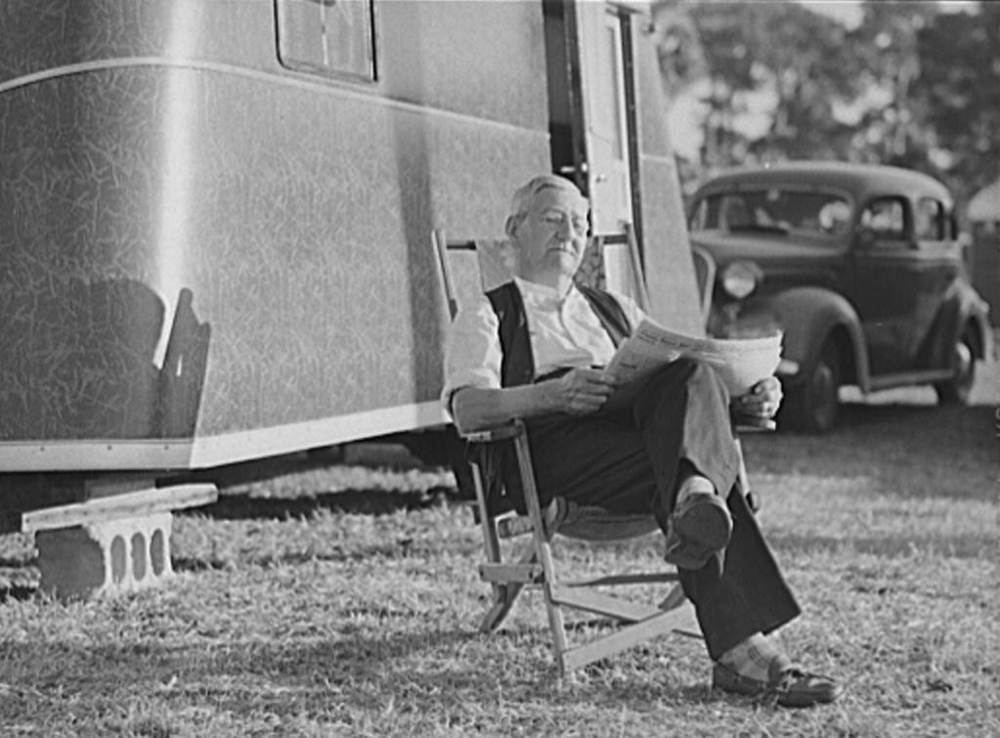 There's a generation of people now who have never bought a newspaper. Ever. And even for those of us who have it's more an occasional, old skool treat for a train trip or a day sat away from screens. So it's good to be reminded of the sway they once had, and, in some areas, still do...
There's a generation of people now who have never bought a newspaper. Ever. And even for those of us who have it's more an occasional, old skool treat for a train trip or a day sat away from screens. So it's good to be reminded of the sway they once had, and, in some areas, still do...
by GUEST EDITOR Will Mapplebeck
My first job in journalism was with the Westmorland Gazette in Kendal in the Lake District.
God, I was bored. I sometimes joke that I was there for almost three years and absolutely nothing happened.
There was one murder.
It was my week off and I missed it.
New Labour was elected, Princess Diana died, the IRA blew up half of Manchester city centre. There was a palpable sense that Britain could be on the cusp of big change.
But not in Kendal or its picturesque patch which still resembled what George Orwell was talking about when he described 'old maids cycling to Holy Communion through the morning mist'.
In parts of Furness, in the south of the Lake District, it was like the 1960s, let alone the 1990s, hadn't happened yet. This was a place to retire to rather than start from.
But despite my frustrations with the place and some of the people - you don't know mind-blowingly, eye-gougingly dull until you sit through a discussion about footpaths at Ambleside Parish Council - there is a story that illustrates the power of that paper.
A power that I suspect that, despite the massive changes to communications that have happened since then, it still has.
At the back of the Gazette office at the time was a piece of wasteland masquerading as the staff car park. It was supposed to be for Gazette people only but in a crowded and traffic-clogged town centre it had become an unofficial municipal car park for the whole of the town.
Every weekend it was packed with illegally parked cars, or it was used as an impromptu short cut to avoid the main street's appalling traffic. A 'rat run' to use a phrase beloved by local newspapers across the land.
It was even used by HGVs that sometimes became blocked in the narrow alley leading to the main street.
All this meant possible danger and that reporters might not be able to get to their cars if something big broke – if only, I remember thinking.
So the Gazette decided to run a story - believe me, this was big news in Kendal in the late 1990s. You can see the story here. I’ll summarise it thus – park in our car park and you’ll get clamped.
Remember, this is the days before Twitter and Facebook, this paper comes out once a week on a Thursday. There's an internet site, but it's still in its infancy and seen as a companion to the paper not a place for live updates.
No-one has a smartphone, I still hadn't sent a text message. The paper is THE product, there is little else apart from print and word of mouth.
Two days after that story appeared, I was doing weekend duty. It's a busy Saturday as normal. The streets are packed with traffic and shoppers. You'd expect the car park to be brimming with illegally parked cars and reversing lorries.
But guess what? That car park was as empty as a forward planning diary during silly season. A quiet oasis. No-one is parked there. Behaviour change achieved with little more than a few column inches.
That was 16 years ago, the big question is - would it be any different now? I don't know for sure, but I suspect not.
A terrible phrase, but I remember seeing 'penetration figures' for some weekly newspapers. In some areas more than 75 per cent of households got a copy, every week, regular as clockwork.
A quick check reveals the Gazette is still selling 21,000 copies and has a combined readership of over twice that – that’s more than half the population of its primary news patch.
As we know, in our cities - which tend to have younger, more mobile and more diverse populations - daily print is in rapid decline but newspaper groups are making inroads into digital markets.
But in quieter, smaller corners of the UK weeklies fulfil a function as papers of record. Times are changing and sales are declining, but not as quickly.
We should remember that, particularly if we have a problem with a car park.
Will Mapplebeck is Strategic Communications Manager for Core Cities UK
